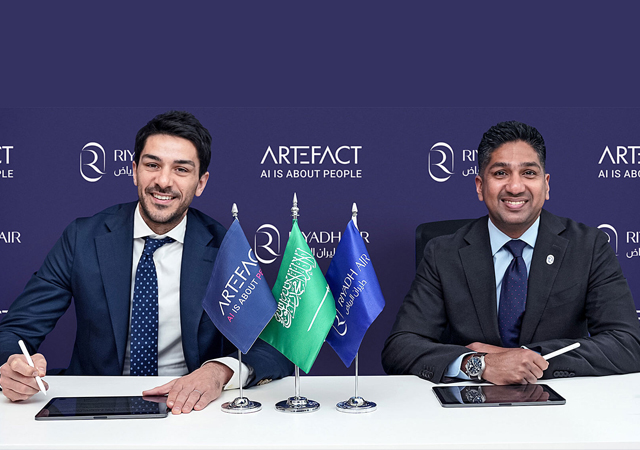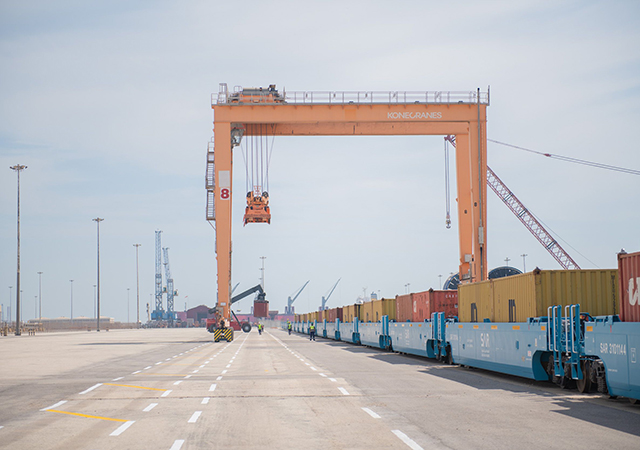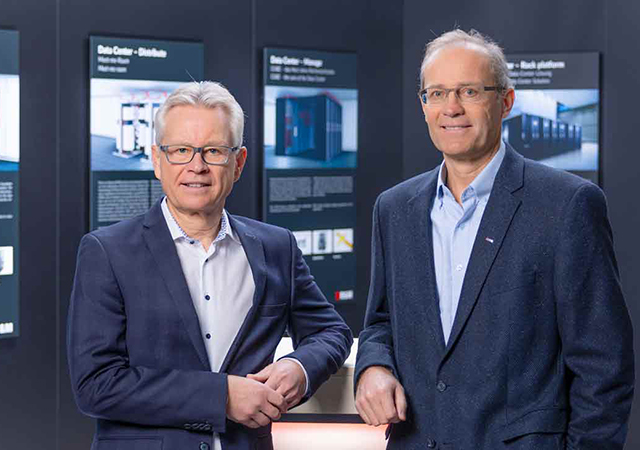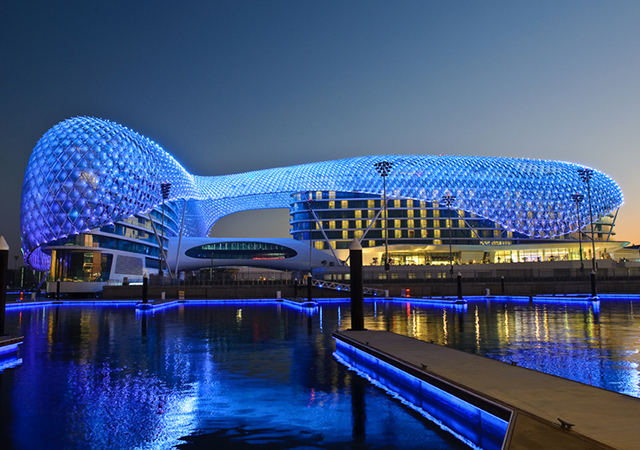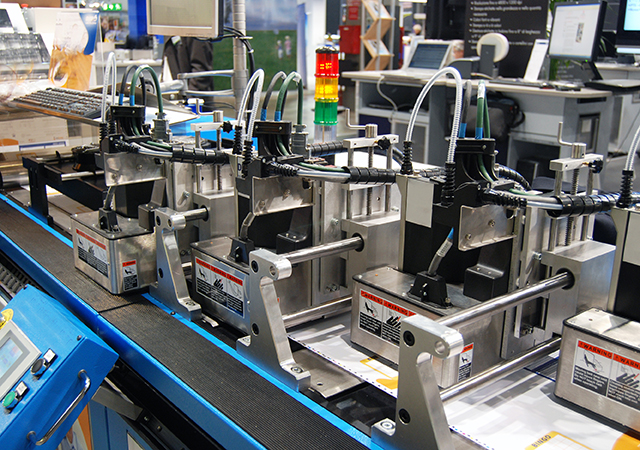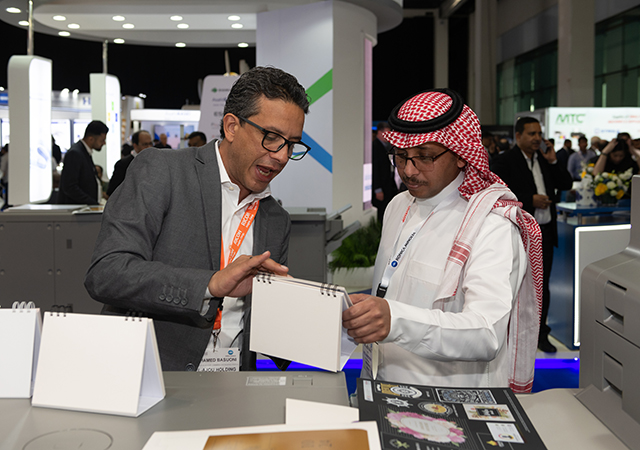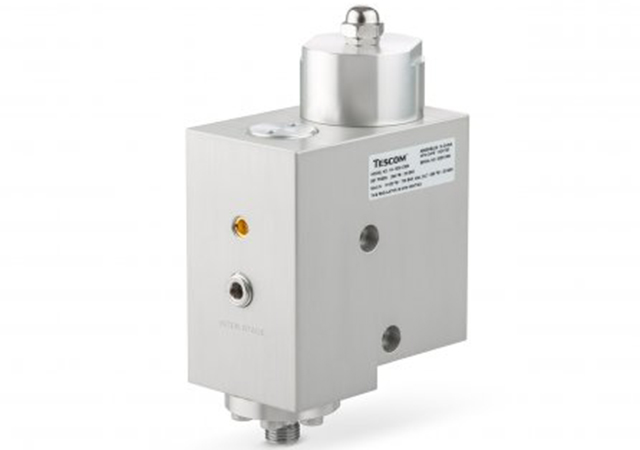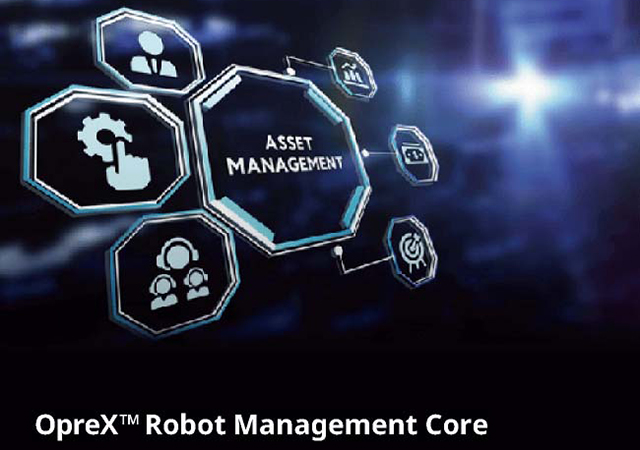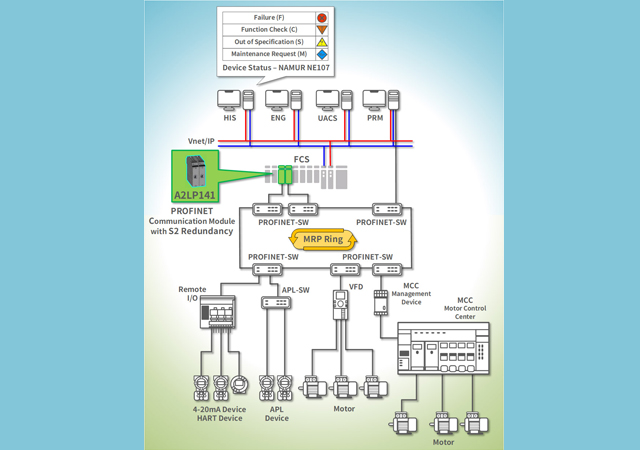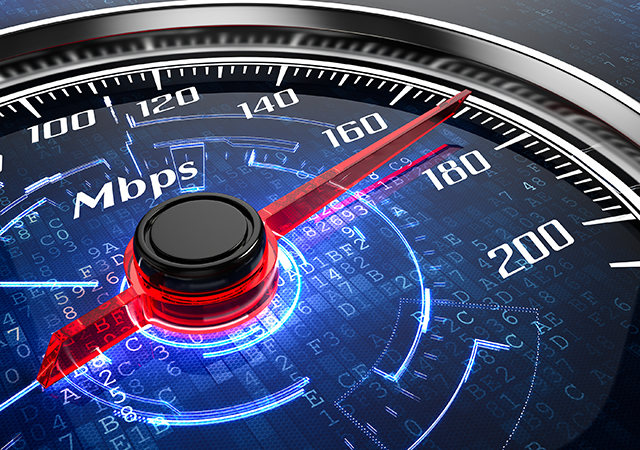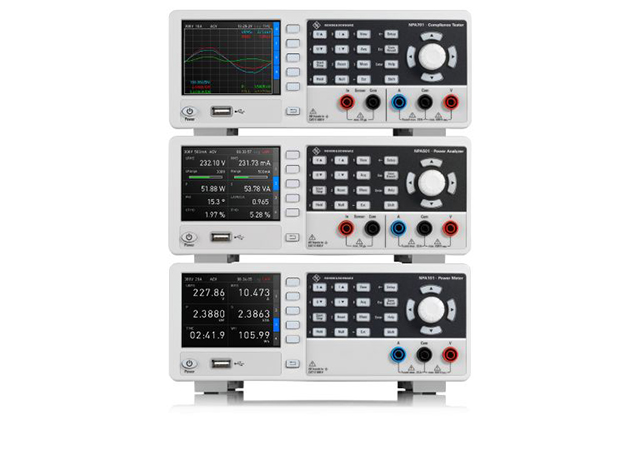
 The advisory board comprises major regional public and private sector energy players
The advisory board comprises major regional public and private sector energy players
Middle East Energy, formerly Middle East Electricity, the global energy platform, has assembled a high-powered advisory board of industry heavyweights to set the agenda for a sector in the midst of transformative change as it readies for its 45th edition.
Hosted by the UAE Ministry of Energy, Middle East Energy will take place from March 3 to 5, 2020 at the Dubai World Trade Centre (DWTC) in Dubai, UAE.
After 44 hugely successful editions as a holistic energy stage that empowers stakeholders through power networking and multi-sector growth opportunities, the three-day event has undergone an energetic evolution to support the transition in how power is generated through to how energy is consumed in the face of increasing demand, said the event organiser Informa Markets.
To help shape the agenda for the industry, the Middle East Energy 2020 Advisory Board, comprising 21 experts spanning the full energy sector, has identified key content themes that will form the basis of the 2020 Conference Programme, the strategic conference series which runs alongside the main exhibition.
The conference will feature a high-calibre line-up of 150-plus speakers who will provide critical insights and discuss the future ahead, in the presence of utility providers, governments, procurement, project managers and contractors, they said.
Under an overarching theme ‘Energy in Transition, connecting the world: Demand, Digitalisation, Diversification’, the advisory board has set five content streams over three days of in-depth discussions, which will explore: Policy v Technology; Decarbonisation & SDGs; Power of Digital – How to create value; Effective Renewables Integration; and New Business Models.
With the Middle East alone in need of $55 billion for an additional 43 GW of generating capacity and $34 billion for transmission, coupled with the onset of digitalisation and ever-growing focus on renewables, the formation of the Middle East Energy Advisory Board is a natural move for the show, as it remains at the forefront of the world’s power needs.
“The UAE is a global leader in technology and sustainability, that’s why Middle East Energy plays an important role, reflecting the focus of the industry and region for today and the future, as the meeting point for the global energy sector, providing the perfect blend of networking, business facilitation and knowledge sharing to meet future energy goals; the introduction of the conference programme and Advisory Board represents a significant step as we move forward,” said Gareth Rapley, group director, Industrial, at Informa Markets.
“The Advisory Board has brought together leaders and experts within the industry across the region and through this we have had the ability to identify issues that are key to the UAE and wider region. As a result, the Board has shaped a roadmap that will drive discussion and deliver solutions when we bring the global energy industry together in March,” he added.
The advisory board represents the major regional public and private sector energy players, including the UAE Ministry of Energy & Industry, Sewa, Ras Al Khaimah Municipality, Etihad Energy Services, Masdar, Irena, Apicorp, SAP, PwC and IFC.
“The transition of the energy industry is inevitable, and the UAE government has been accelerating endeavours to challenge the business as usual mindset, setting ambitious targets such as 50@50; which will see clean energy contribute half of the country’s total energy mix by 2050. Technology can pave the path to the future we all seek, if empowered with the policies driving the economy and sustainability,” said a spokesperson for the Ministry of Energy & Industry.
“Future cities and demand for energy are on the rise. Future trends will be fostered by digitalisation and diversification in a time of increasing uncertainties and Climate stress. Middle East Energy 2020 is the platform to address those future trends and connect the world in the UAE again,” he added.
The 2020 Conference Programme will boast over 150 speakers and 25 hours of content through 30 sessions, with the conference series focusing on renewables, digitalisation, sustainability, technology and regulation facing the power sector. It will look at financing models and place importance on global energy needs in line with the UN’s Sustainable Development Goal 7, which aims to provide access to affordable and reliable energy.


